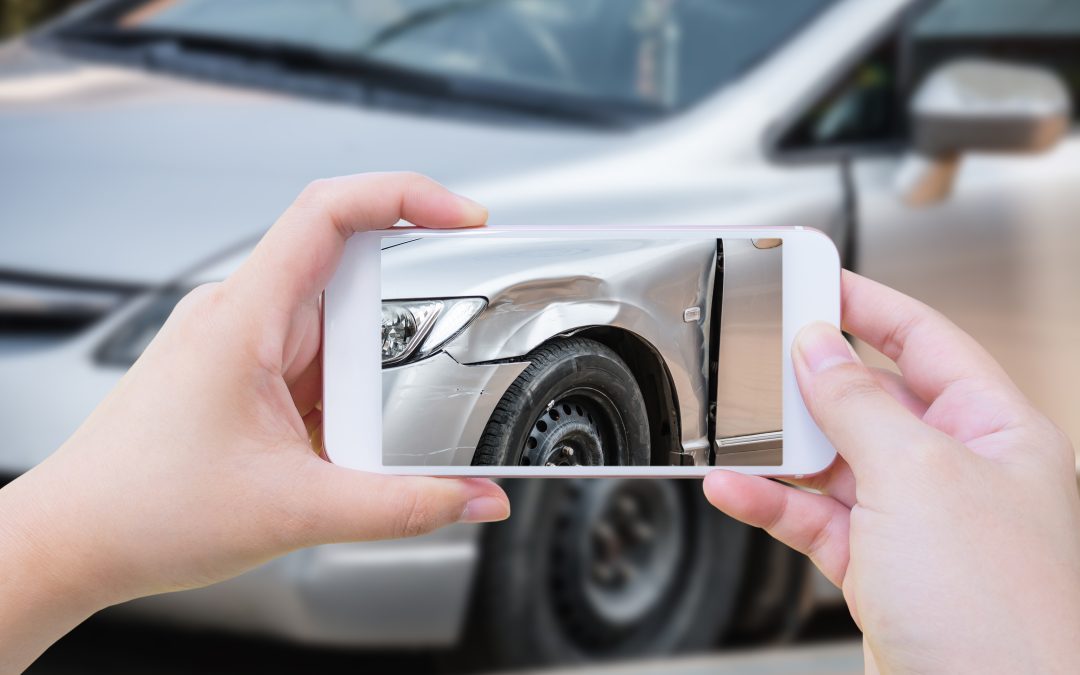What is Comprehensive Coverage in Auto Insurance?
Comprehensive automobile coverage is one of the key parts of car insurance. If you drive, you might already know about automobile liability coverage, which helps if you cause an accident and someone else gets hurt or their property is damaged. But what about things that happen to your car that aren’t your fault? That’s where comprehensive coverage comes in!
What Does Comprehensive Auto Coverage Protect You From?
Comprehensive coverage helps pay for repairs or replacements if something happens to your car that isn’t related to a collision with another vehicle. Think of it as protection for the “what-ifs” that don’t involve accidents on the road.
How Does Auto Collision Coverage Work?
Here are some common things that comprehensive coverage can help with:
Theft: If someone steals your car, comprehensive coverage helps pay to replace it.
Vandalism: If someone damages your car on purpose, like breaking a window or keying the paint, comprehensive coverage can help with the repair costs.
Natural Disasters: If your car is damaged by a tornado, flood, earthquake, or another natural disaster, comprehensive coverage can help you fix it or buy a new one.
Fires: If your car is damaged by fire, comprehensive coverage helps pay for the repairs or replacement.
Falling Objects: If something like a tree branch or a piece of debris falls on your car, comprehensive coverage will help pay for the damage.
Animal Collisions: If you hit a deer or another animal with your car, comprehensive coverage can help pay for the damage to your vehicle.
Do You Need Comprehensive Coverage?
Comprehensive automobile coverage isn’t required by law like liability insurance is. However, if you have a car loan or lease, your lender or leasing company may require you to have comprehensive coverage. They want to make sure that their investment (your car) is protected in case something happens to it.
Even if you own your car outright, comprehensive coverage can be a good idea, especially if your car is newer or more valuable. It gives you peace of mind knowing that you’re protected against many types of unexpected events.
How Much Does Comprehensive Coverage Cost?
The cost of comprehensive coverage can vary depending on several factors, including:
Your Car’s Value: Generally, the more expensive your car is, the more it will cost to insure with comprehensive coverage.
Where You Live: If you live in an area with a higher risk of theft, vandalism, or natural disasters, your comprehensive coverage might be more expensive.
Your Deductible: A deductible is the amount you have to pay out of pocket before your insurance kicks in. If you choose a higher deductible, your comprehensive coverage will cost less, but you’ll have to pay more if something happens to your car.
What Does Comprehensive Coverage Not Cover?
While comprehensive coverage protects you from a lot of different things, it doesn’t cover everything. Here are some things that comprehensive coverage does not pay for:
Collision Damage: If you get into an accident with another vehicle or object, that’s where collision coverage comes in. Comprehensive coverage only covers non-collision incidents.
Normal Wear and Tear: Comprehensive coverage doesn’t cover the costs of regular maintenance or normal wear and tear on your car, like tire replacements or oil changes.
Personal Belongings Inside Your Car: If your personal belongings, like a laptop or phone, are stolen from your car, comprehensive coverage doesn’t cover that. However, your homeowner’s or renter’s insurance might.
How to Choose the Right Comprehensive Auto Coverage
When deciding whether to get comprehensive coverage and how much to get, consider the following:
The Value of Your Car: If your car is older and not worth much, you might decide that comprehensive coverage isn’t worth the cost. On the other hand, if your car is newer or more valuable, comprehensive coverage can help protect your investment.
Your Budget: Think about how much you can afford to pay out of pocket if something happens to your car. If you can’t afford to replace or repair your car on your own, comprehensive coverage can provide valuable protection.
Risks in Your Area: Consider the risks where you live. If you’re in an area prone to natural disasters, theft, or vandalism, comprehensive coverage can give you added peace of mind.
How to Save Money on Comprehensive Coverage
If you decide that comprehensive coverage is right for you, there are a few ways you can save money on your premium:
Choose a Higher Deductible: As mentioned earlier, a higher deductible can lower your premium. Just make sure you choose a deductible that you can afford to pay if you need to file a claim.
Bundle Your Insurance Policies: Many insurance companies offer discounts if you bundle your auto insurance with other types of insurance, like homeowner’s or renter’s insurance.
Ask About Discounts: Some insurance companies offer discounts for things like having a good driving record, installing anti-theft devices in your car, or even being a good student.
Conclusion: Is Comprehensive Coverage Worth It?
Comprehensive automobile coverage is a smart way to protect your car from many unexpected events that could otherwise leave you with a hefty repair bill. While it’s not required by law, it’s worth considering, especially if you have a newer or more valuable car.
If you’re unsure whether comprehensive coverage is right for you or if you want to find out how much it would cost, it’s a good idea to talk to your insurance agent. They can help you weigh the pros and cons and choose the coverage that best fits your needs and budget.
Remember, while no one likes to think about the worst happening, having the right insurance can give you peace of mind knowing you’re prepared for whatever life throws your way.

